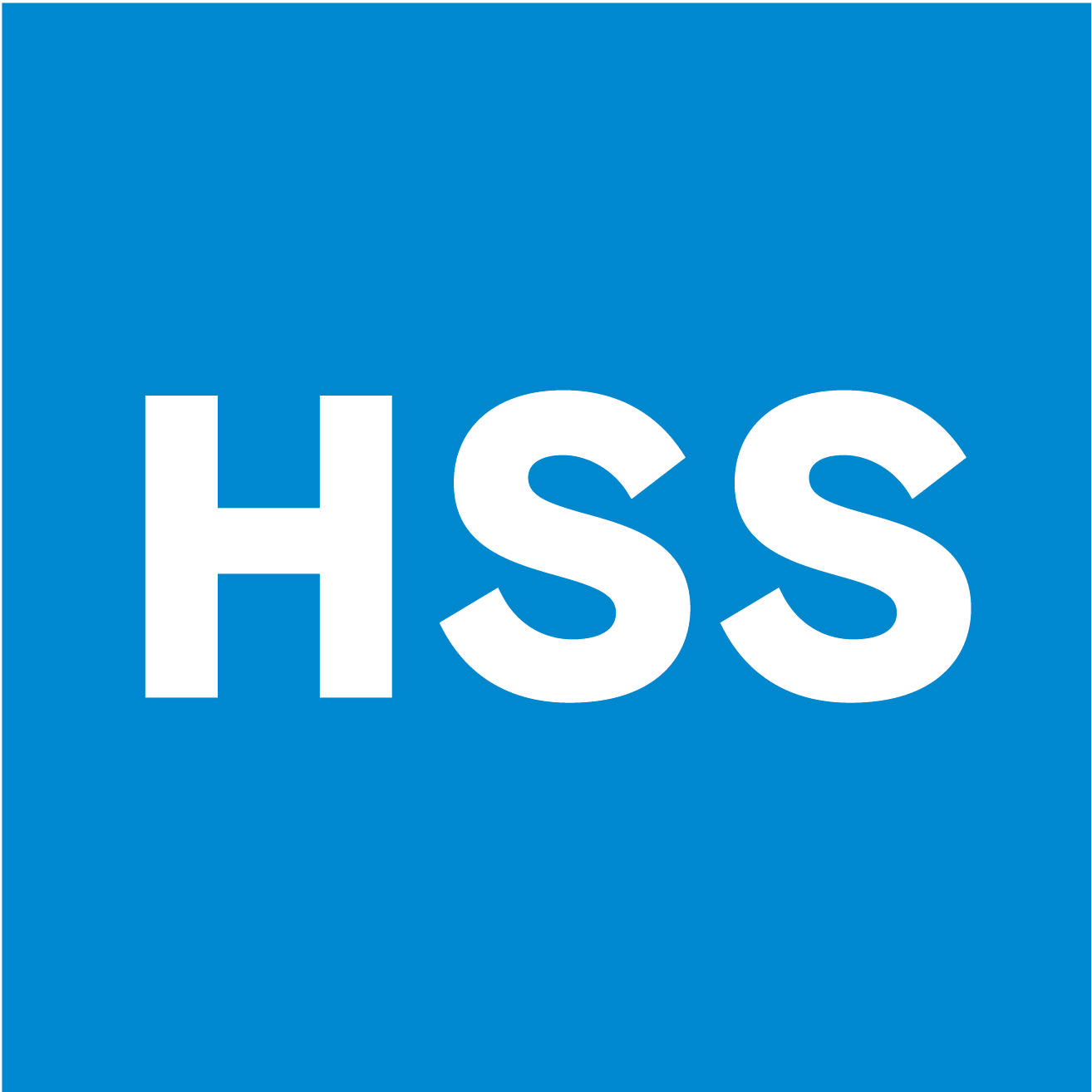Hospital for Special Surgery doctor shares critical tips for helping parents recognize head injuries
Newswise — A recent study found that many parents feel they lack the knowledge to adequately detect symptoms of head injuries in their children. Yet keeping young athletes off the field until they’ve fully healed from a concussion is key to preventing serious and potentially fatal complications.
Sports medicine specialists at Hospital for Special Surgery in New York say there are steps parents can take to identify concussions.
“Symptoms such as headache, dizziness, irritability, difficulty following instructions—these are things that parents and coaches should watch out for,” says James J. Kinderknecht, M.D., Sports Medicine and Shoulder Service physician, Hospital for Special Surgery. “If any of these symptoms are evident, the first thing a parent should do is have their child medically evaluated.” Dr. Kinderknecht recently gave a presentation on concussions at the 13th Annual Sports Medicine for the Young Athlete Symposium at Hospital for Special Surgery in New York.
Up to 3.8 million sports- and recreation-related concussions occur in the United States each year, particularly affecting individuals who play high-contact and high-collision sports such as football, soccer, lacrosse and hockey. While a single concussion cannot necessarily be prevented, what is most important is understanding second-impact syndrome, a condition in which a second head injury, even if less severe, can compound the first. This can occur when an athlete returns to play too quickly, before the initial head injury has healed completely. Young adults under age 25 are especially susceptible—a second concussion can lead to a massive brain swell that may be untreatable.
With more than 44 million children and adolescents participating in sports nationwide, Dr. Kinderknecht emphasizes the steps that parents and coaches can take to recognize a concussion and prevent second-impact syndrome:
• In the hours and days immediately following the injury, be on the lookout for headaches, dizziness, mood changes, vomiting or changes in vision or hearing. These can all be symptoms of a concussion.
• Ask specific questions of the athlete, such as what year they were born, or what their address is, to test their awareness and to help determine if they are experiencing confusion.
• If an athlete has any of these symptoms, restrict physical activity until he or she is evaluated by a physician.
• If at first the athlete says he or she doesn’t have symptoms after a significant injury, repeat the same questions a few times that day, and again the next morning to ensure consistency.
• If your child has experienced a concussion, symptoms may disappear before the healing process is completed. Your physician may test your child’s readiness to return to the field by engaging him or her in a non-contact physical activity to start and watching for any remaining symptoms that may not appear when the athlete is at rest.
It is also important to recognize that young athletes may not always be forthcoming in reporting symptoms, especially if they are participating in a highly competitive game and are eager to return to the field.
To minimize the likelihood of head injury in the first place, Dr. Kinderknecht recommends taking the following precautions:
• Ensure the athlete uses proper fitting equipment, especially helmets.
• Coaches of sports such as football should teach safe blocking and tackling techniques that minimize risk of injury.
“I always tell my patients, if it’s a sore knee, it may be alright to try to play,” says Dr. Kinderknecht. “But, you can’t take chances with what may be a brain injury. If there are any symptoms, even mild ones, it is not appropriate to participate. With educated parents and coaches supporting a stringent policy about keeping injured players off the field, we can all worry less about second-impact syndrome.”
For more information about identifying concussions in young athletes, visit www.hss.edu.
About Hospital for Special SurgeryFounded in 1863, Hospital for Special Surgery (HSS) is a world leader in orthopedics, rheumatology and rehabilitation. HSS is nationally ranked No. 1 in orthopedics, No. 3 in rheumatology, No. 16 in neurology and No. 18 in geriatrics by U.S. News & World Report (2010-11), has received Magnet Recognition for Excellence in Nursing Service from the American Nurses Credentialing Center, and has one of the lowest infection rates in the country. From 2007 to 2011, HSS has been a recipient of the HealthGrades Joint Replacement Excellence Award. A member of the NewYork-Presbyterian Healthcare System and an affiliate of Weill Cornell Medical College, HSS provides orthopedic and rheumatologic patient care at NewYork-Presbyterian Hospital at New York Weill Cornell Medical Center. All Hospital for Special Surgery medical staff are on the faculty of Weill Cornell Medical College. The hospital's research division is internationally recognized as a leader in the investigation of musculoskeletal and autoimmune diseases. Hospital for Special Surgery is located in New York City and online at www.hss.edu.
Tracy Hickenbottom212-606-1197
